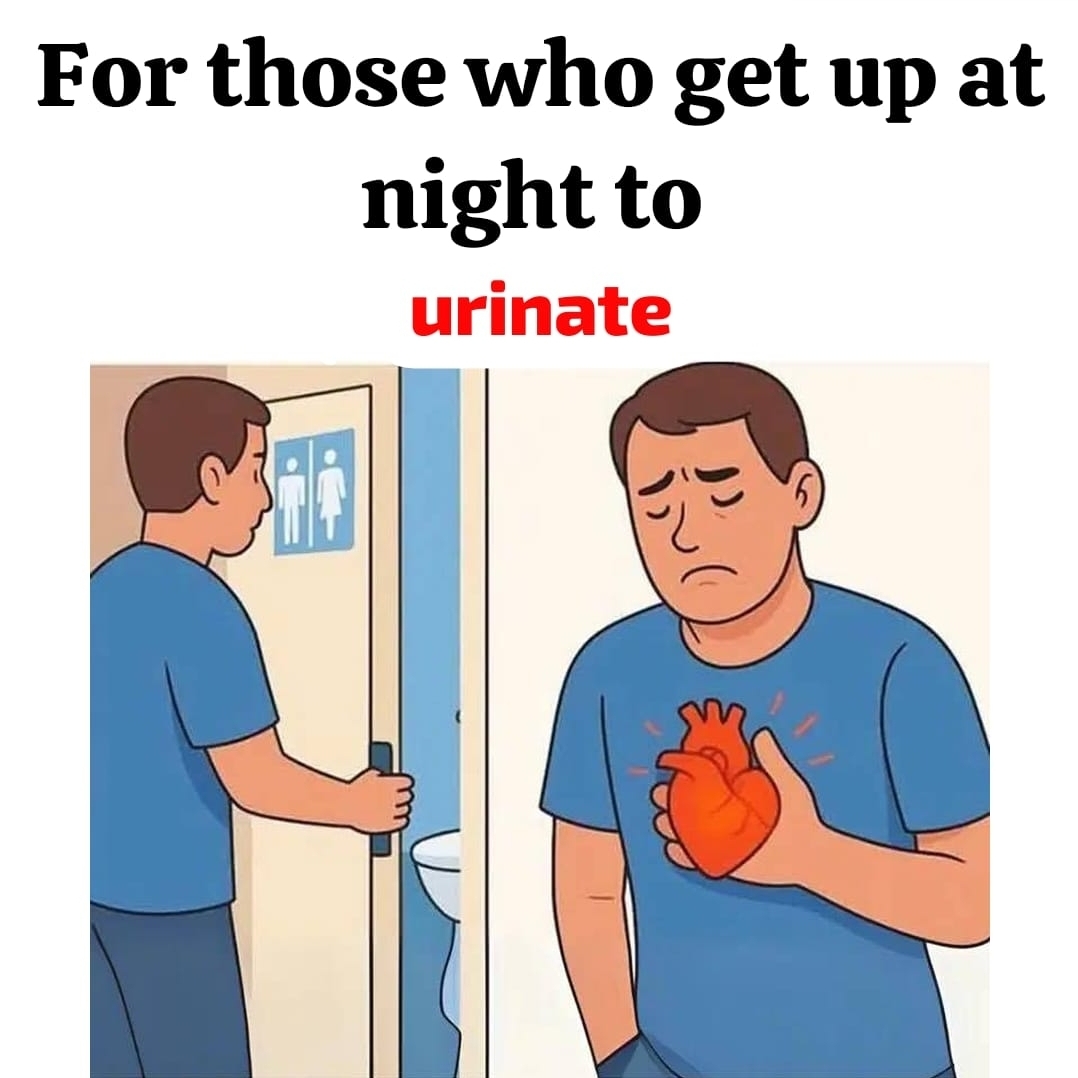
Nighttime urination – when is it normal and when is it a signal of a problem?
Waking up in the middle of the night to go to the bathroom isn’t always a cause for concern. However, if it starts to happen frequently or disrupts your sleep and daily routine, it could be a sign of an underlying health condition. Understanding the difference between normal and abnormal nighttime urination — known as nocturia — can help you determine when it’s time to see a doctor.
What is considered normal?
Most healthy adults can sleep through the night without needing to urinate. It’s not uncommon to wake up once, especially after drinking more fluids in the evening or consuming alcohol and caffeine. In fact, getting up once a night to urinate is considered normal, especially as you age.
As we age, the body produces less of the hormone that retains fluid, and the bladder’s capacity can decrease. That’s why people over 60 are more likely to develop nocturia.
When is it considered abnormal?
Bedwetting becomes a problem if it happens two or more times each night on a regular basis, especially if it interferes with sleep or leads to daytime fatigue. Signs that it’s more than usual include:
Frequent nighttime awakenings for no apparent reason (for example, excessive fluid intake).
A strong or painful urge to urinate at night.
Poor sleep or feeling exhausted during the day due to nighttime visits to the toilet.
Increased amount of urine at night ( nocturnal polyuria ).
Increased frequency of urination during the day.
Common causes of nocturia
A variety of medical and everyday factors can contribute to unusual nighttime urination:
Overactive bladder (OAB): The bladder muscles contract too frequently, leading to constant urges.
Urinary tract infections (UTIs): Cause burning and an increased need to urinate.
Diabetes: High blood sugar levels increase urine production, including at night.
Heart failure: Leads to fluid retention in the legs during the day, which is redistributed at night.
Sleep disorders: Such as insomnia or sleep apnea, which make you more sensitive to the sensation of a full bladder.
Medications: Especially diuretics or medications taken in the evening.
Tips for reducing nighttime urination
If you have nocturia, some lifestyle changes may help:
Limit fluid intake 2–4 hours before bedtime.
Avoid caffeine and alcohol in the evening.
Elevate your legs during the day if you have swelling.
Wear compression stockings to reduce fluid retention.
Make sure your bladder is completely empty before going to bed.
When to consult a doctor?
If nighttime urination becomes regular, bothersome, or severely disrupts your sleep, it’s important to seek medical attention. Your doctor may recommend keeping a bladder diary , recording your fluid intake, the amount of urine you pass, and the number of times you wake up at night. You may also need to be tested for diabetes, infections, or bladder problems.
Conclusion
Getting up once a night to use the bathroom is usually not a cause for concern. But if it becomes a persistent problem that disrupts your sleep, it’s worth paying attention to. Knowing what’s normal for your age and lifestyle, as well as consulting a doctor when necessary, can help you preserve your sleep and your health.
This article is for informational purposes only. Do not self-medicate and always consult a qualified medical professional before applying any information from the text. The editorial team does not guarantee results and is not responsible for any damages resulting from its use.